Pet Insurance
Pet insurance covers unexpected veterinary expenses, providing peace of mind in case of accidents or illnesses. It ensures that your pet receives high-quality care without financial worries, reducing stress and unexpected costs. Here are some pet insurance options available on the market:
Travelling with Your Pets
To properly prepare for travel with your pet, it’s essential to be aware of health requirements and regulations. The Canadian Food Inspection Agency (CFIA) provides detailed information on entry and exit conditions for pets based on your destination. Visit their official site to ensure your pet travels in full compliance:
Emergency Centers
Outside our regular business hours, it’s essential to know where to go in case of an emergency with your pet. To find a nearby veterinary emergency center, check the list of available facilities here:
Financing
Ensure your pets receive the veterinary care they need with our flexible financing solutions. Visit our financial partner’s website to explore the available options:
Univet
We are proud members of the Univet veterinary cooperative, the largest network of independent veterinarians in Quebec. Choosing an independent veterinarian means supporting your local economy, contributing to a prosperous and healthy community. For practical pet care advice, visit their website:
End of Life Care
We understand that making end-of-life decisions for your beloved pet is an emotional and difficult process. This section provides resources to support you, including a Quality of Life Chart, to help you make the most compassionate and respectful choice for your animal. For guidance, visit:
Register My Microchip
Registering your pet’s microchip is essential to ensure their identification in case of loss. Proper registration links your contact information to the microchip, making it easier for veterinarians or shelters to quickly reunite you with your pet.
OMVQ & AMVQ
The websites of the OMVQ (Ordre des Médecins Vétérinaires du Québec) and AMVQ (Association des Médecins Vétérinaires du Québec) offer comprehensive resources for both veterinarians and pet owners. You’ll find valuable information on veterinary services, professional standards, and expert advice to ensure the health and well-being of your pets.
City Licensing for Dogs and Cats
Pet registration is mandatory in Montréal and Brossard. This process helps identify your pet and ensures their safety, making it easier to bring them home if they go missing. To learn more about the requirements or to purchase or renew your pet’s licence, visit your city’s website:
Animal Shelters & SPCA
If you’re considering pet adoption, shelters and the SPCA offer a wonderful opportunity to give a second chance to an animal in need of a home. If you find a lost pet, it’s important to act quickly to help reunite them with their owner. Shelters and the SPCA can guide you on the necessary steps and, if needed, provide temporary care for the animal. For more information, visit:
FAQ
At what age can a cat or dog be spayed or neutered?
It is essential to wait until your pet has finished growing before spaying or neutering. For a cat, spaying is generally recommended around 5 to 6 months. For a dog, the ideal age varies depending on their size and breed: a small dog can be spayed or neutered between 6 and 7 months, while a medium or large dog should be spayed or neutered between 10 and 12 months. For large dogs, it is preferable to wait until they are 18 months old before spaying or neutering.
Should I have my pet microchipped?
Yes, microchipping is an excellent way to ensure your pet’s safety. Unlike a collar or tag that can be lost, a microchip is a permanent form of identification implanted under the skin. If your pet goes missing, shelters and veterinarians can quickly scan the chip to retrieve your contact information and reunite you with your companion.
Additionally, microchipping is mandatory in Montréal for both dogs and cats, as per municipal regulations. If you plan to travel with your pet, keep in mind that many countries also require a microchip for entry. The procedure is quick, causes minimal discomfort, and is highly recommended for all pets, whether they go outdoors or not.
Is it necessary to deworm my pet?
Yes, it is essential to deworm your pet regularly to prevent parasitic infections that can harm their health. It is recommended to administer deworming medication to your kitten or puppy monthly until they are six months old and to have their stool analyzed to detect the presence of intestinal parasites. After that, the frequency of deworming depends on your pet's lifestyle and habits. Our veterinarians can advise you on the deworming program best suited to your companion.
My pet seems healthy. Why should I see a veterinarian regularly?
Even if your pet seems healthy, regular check-ups allow for the early detection of invisible health issues, such as chronic diseases or infections. Prevention is key to a long and healthy life.
What are the signs that my pet is sick?
Common signs include loss of appetite, unusual fatigue, vomiting, diarrhea, difficulty breathing, or changes in behavior. If you notice any of these symptoms, consult your veterinarian promptly.




